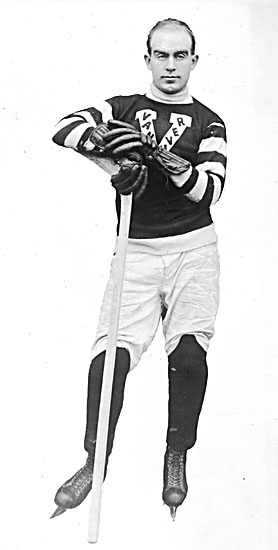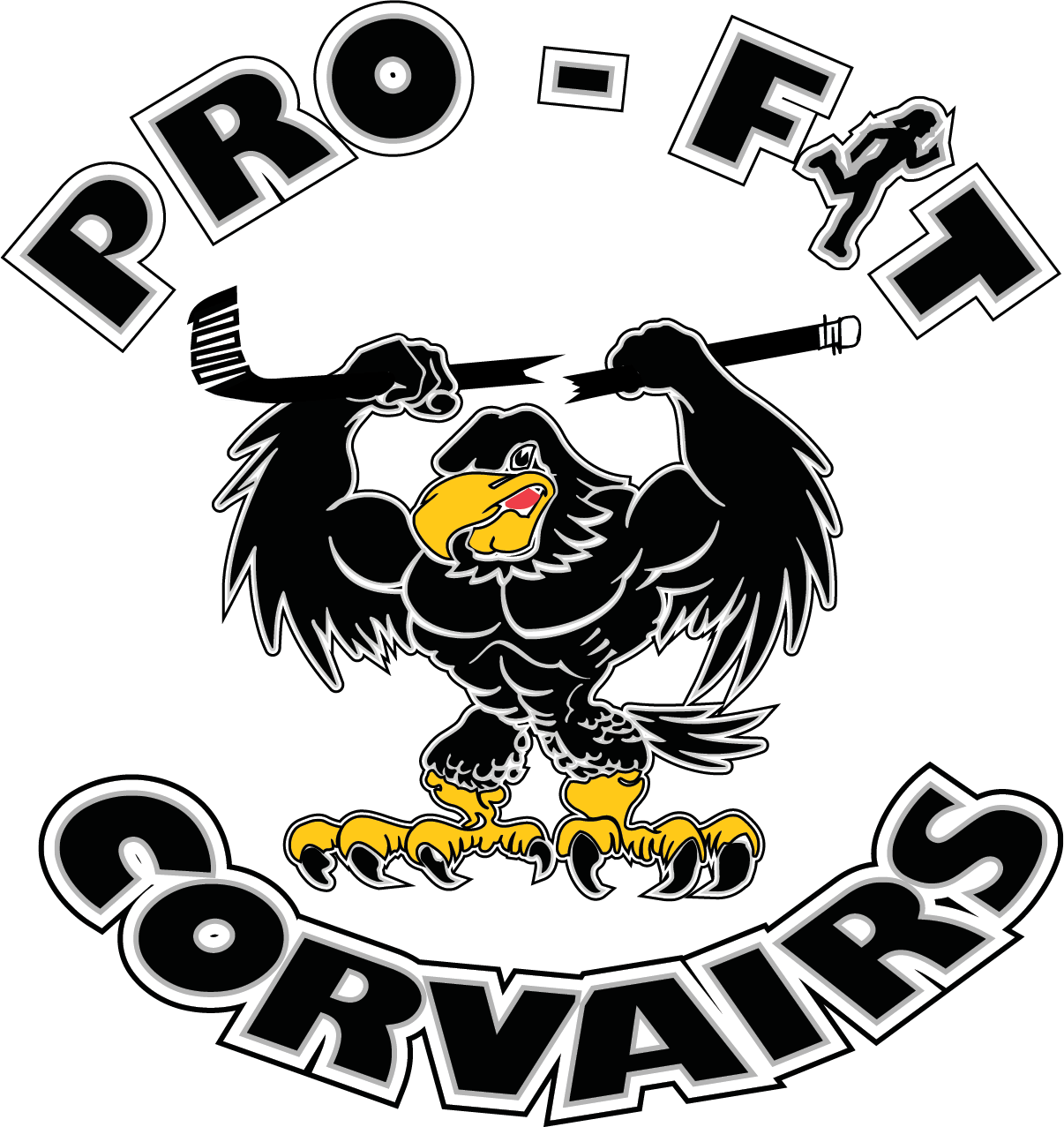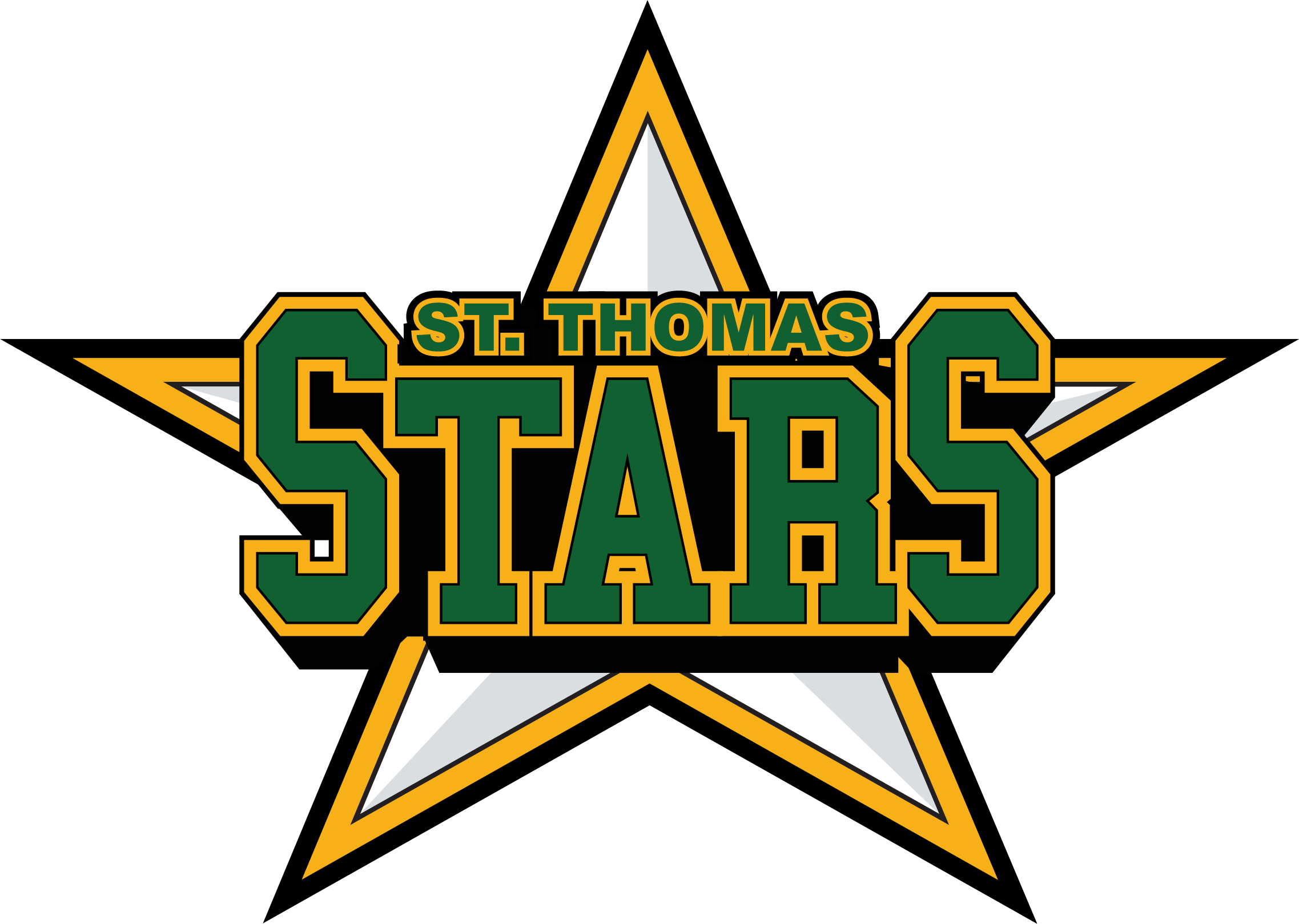The Greatest Cyclone – The Listowel Pistol
Frederick Wellington “Cyclone” Taylor
1884 – 1979

“Where the hell did you come from?” inquired incredulous Kenora Thistles’ rover Si Griffis to the stocky, prematurely balding young man a half foot shorter than he. The young man looked up with his dark, piercing gaze, framed perfectly by a pair of arched eyebrows that gave him a confident, almost haughty countenance. “I’m from Listowel…” he replied. “Anything wrong with that?” These were the words from one Frederick Wellington Taylor, later known as Cyclone, the most electrifying hockey player of his generation.
Frederick Wellington Taylor performed exceptionally well at several positions during his legendary career. His dynamic rushes and memorable scoring feats made him one of hockey’s first superstars. He was one of the few players in the history of the game capable of skating backwards as fast as many could forwards.
Born in the village of Tara, Ontario, Taylor grew up in nearby Listowel, which is where he first took up hockey as well as lacrosse and soccer. Taylor exhibited promise for the first time as a member of the Listowel Mintos and Queen’s Own before graduating to the city’s top junior club in the OHA. He played with the Listowel juniors from 1903 to 1905 before leaving the province to broaden his horizons. Taylor jumped at the chance to play for the Portage La Prairie team of the Manitoba Senior Hockey League in 1905.
Before the end of the 1905-06 season, he was signed by the Houghton, Michigan, Portage Lakers franchise of the International Hockey League. Based in northern Michigan, this was the first professional circuit in North America. Taylor joined his new team in time for only the last six games of the season, but the “Listowel Wonder” wasted little time in making an impact. He took the league by storm, scoring 11 goals in the half-dozen matches and garnering a place on the IHL All-Star Team. The following year, Taylor was a major component of the Houghton club’s league championship.
In 1907-08, Taylor joined the Ottawa Silver Seven of the Eastern Canada Amateur Hockey Association. It was here that he made a name for himself as an explosive rushing defenseman, scoring nine goals in 10 games. The nickname “Cyclone” was first accorded this exciting figure by local reporters after a cartoonist with the Ottawa Journal depicted one of his cyclonic rushes in vivid detail.
Taylor’s excellent play helped Ottawa win the ECAHA championship in 1909 and the team became holders of the Stanley Cup. In a transaction that caused a stir across Canada, Taylor was signed in 1910 by the Renfrew Millionaires franchise, which was preparing to join the newly founded National Hockey Association in 1910. The salary paid to him was the highest ever for a Canadian athlete up to that time and remained so for many years. Taylor scored 22 goals in 28 games over the next two seasons before the team was disbanded.
When Taylor couldn’t reach a satisfactory agreement to stay in the NHA, the Vancouver Millionaires of the Pacific Coast Hockey Association moved quickly to offer him a contract. Team manager Frank Patrick decided to switch Cyclone to the forward position, and there he thrived from 1913 to 1921.
While employed on the West Coast, Taylor averaged more than a goal per game in a formidable display of offensive prowess. His second Stanley Cup triumph came in 1915. He scored six goals in the Millionaires’ three-game domination of Ottawa in the championship showdown. The sheer magnitude of Taylor’s excellence in the series elevated him to the status of hero right across Canada.
Taylor led all PCHA goal scorers in 1918 and 1919 with 32 and 23 goals respectively. Even though the Toronto Arenas defeated Vancouver in the 1918 Stanley Cup championship, Taylor proved to be the most revered performer in the match-up. He finished ahead of all playoff scorers with nine goals in seven games.
Cyclone retired following the 1920-21 schedule but delighted the fans one more time by making a one-game cameo appearance for Vancouver two years later. He accumulated 194 goals in 186 regular-season games while carving out a reputation as one of hockey’s surefire drawing cards. He earned the remarkable distinction of being named to the First All-Star Team everywhere he played from 1900 to 1918.
Taylor’s sharp hockey mind led to his being named president of the Pacific Coast Hockey League in 1937. An active member of the Vancouver community, he helped form the British Columbia Hockey Benevolent Society, where he served as director from 1954 until his death in 1979.
Cyclone was voted into the Canadian Sports Hall of Fame and the British Columbia Sports Hall of Fame. He was elected as a charter member of the Hockey Hall of Fame in 1945, and he was also given the honour of turning the sod for the construction of the Hockey Hall of Fame building that opened in 1961.

























